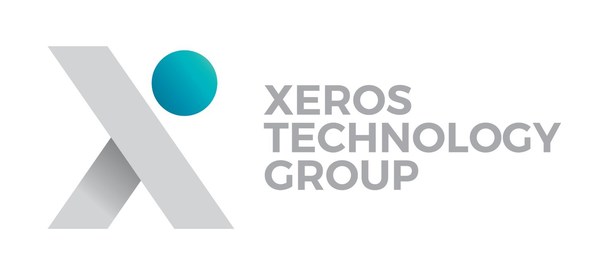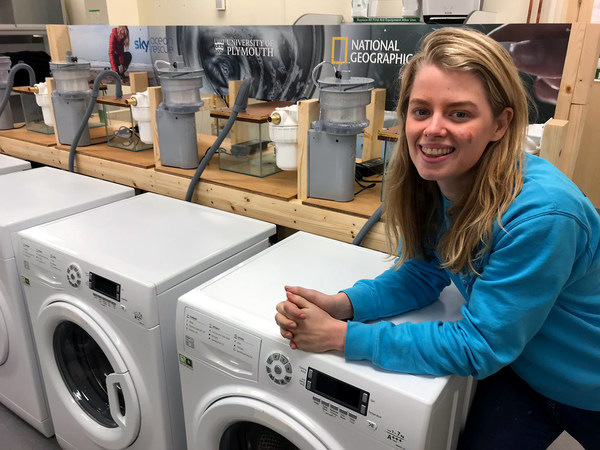 |
SHEFFIELD, England, July 16, 2020 /PRNewswire/ -- A new washing machine filter from the UK company Xeros Technology Group could help solve the issue of microfibre pollution from laundry, according to new research.
XFiltra™ from Xeros has been identified as the most effective device at preventing microfibres being released from washing machines.
Every time clothes are washed, microfibres are produced when tiny fragments break off, with many ending up polluting rivers and oceans. Synthetic fibres like nylon or polyester are a type of microplastic. Up to 700,000 microfibres can be released from a single load of laundry.
Research conducted by the University of Plymouth tested six devices designed to capture microfibres: three washing machine filters plus laundry bags and balls, on mixed wash loads of synthetic and synthetic / cotton blend garments.
XFiltra, which is designed to be installed in washing machines by manufacturers, performed best, consistently capturing 78% of all microfibres. In separate, independently verified testing, using only synthetic garments, XFiltra captured more than 90% of microplastic fibres.
Other devices tested by Plymouth did not perform as well. The second-best product reduced microfibre release by 54% and the next-best filter device caught just 29% of microfibres. Full data is published in the journal Science of the Total Environment.
Currently, no washing machines are equipped with filtration technology to stop microfibre release. But last week the UK charity the Marine Conservation Society called for laws requiring filters in all washing machines from 2024, and this year France became the first country to require microfibre filters in all new washing machines from January 2025.
Mark Nichols, CEO Xeros, commented:
"The pollution of our rivers and oceans with plastic waste is happening at an alarming rate. Its harming wildlife and our finely balanced ecosystems, with microfibres from washing our clothes being a major source of contamination.
"Many of us want to live more sustainably, changing our habits and adopting new technologies to reduce our impact on the environment. With XFiltra, every washing machine manufacturer now has an opportunity to make a make a major contribution to improving the sustainability of laundry, our clothes, and our planet, at minimum cost and with major benefits for everyone.
"This important study from Plymouth provides seminal information for industry and consumers for reducing the impact of microfibres on our shared environment."
Video - https://www.youtube.com/watch?v=aVxwhBTg0dM
Photo - https://mma.prnasia.com/media2/1215343/xeros_dr_imogen_napper.jpg?p=medium600
Logo - https://mma.prnasia.com/media2/1215344/Xeros_Logo.jpg?p=medium600
